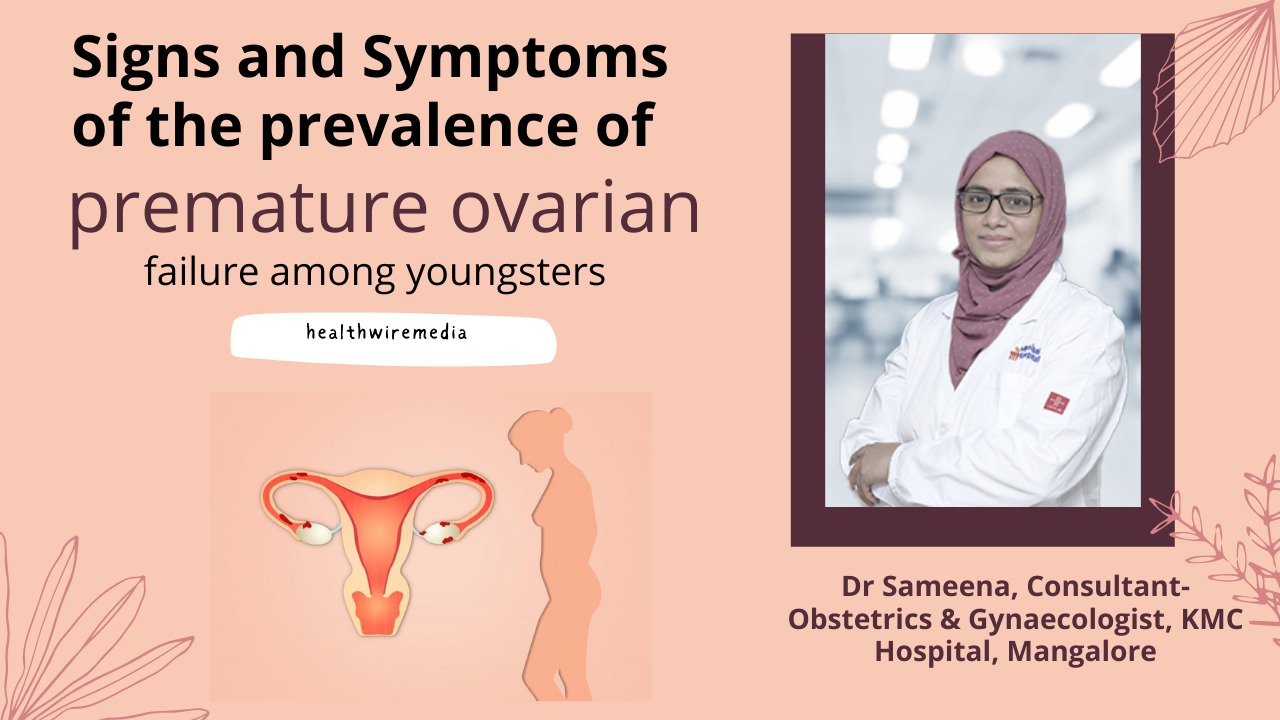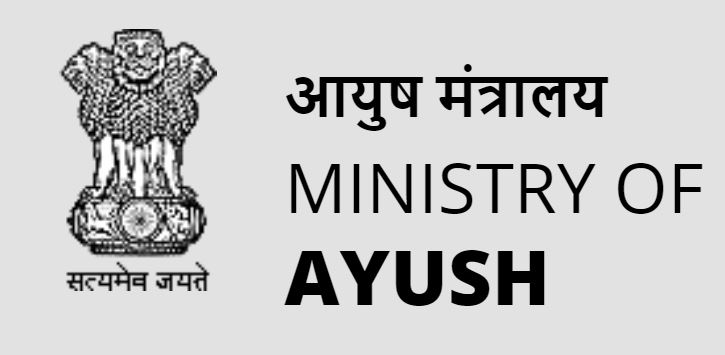“The Reproductive Phase: Puberty to Menopause in Women”
The reproductive window for the majority of women is between puberty and menopause. Premature ovarian failure occurs when the ovaries cease to function prematurely (typically before the age of 40) and there are no subsequent periods.
Premature Ovarian Failure: Ovarian Dysfunction Before 40, Resulting in Absence of Periods
It is not always possible to pinpoint the cause of this condition. Some of the identified causes, however, may include:
- Turner syndrome is an example of a genetic problem.
- Lupus is an example of an autoimmune disease in which the body does not recognise certain tissues and attacks itself.
- chemotherapy, radiotherapy, and other cancer treatments’ side effects
- a variety of general conditions, such as enzyme deficiencies or infections such as mumps
How common is premature ovarian failure?
It is comparatively rare, occurring in one in 1,000 women under the age of 30 and one in 100 women under the age of 40.
In an exclusive interaction with Healthwire, Dr. Sameena -Consultant Obstetrics And Gynecology explained in detail about the signs and symptoms of the prevalence of premature ovarian failure among youngsters:
“Premature ovarian failure or it can be called as a premature ovarian insufficiency, basically this is when the ovaries or the eggs they stop functioning much before the age of 40 or sometimes it can be seen in the early age also like during the teenage. Naturally what happens is for a normal woman the fertility as she is approaching the age of 48 the fertility starts decreasing and then there is a slow transition towards menopause but in primary ovarian failure or ovarian insufficiency the number or oocytes or eggs, they don’t divide the function normally or they get they exhausted in a much early age,” said Dr. Sameena.
Watch Full Video Here:











